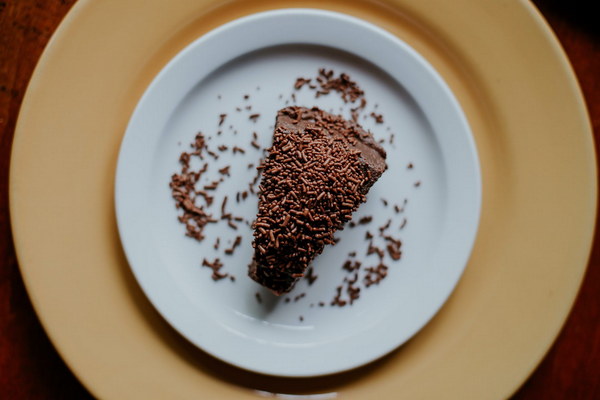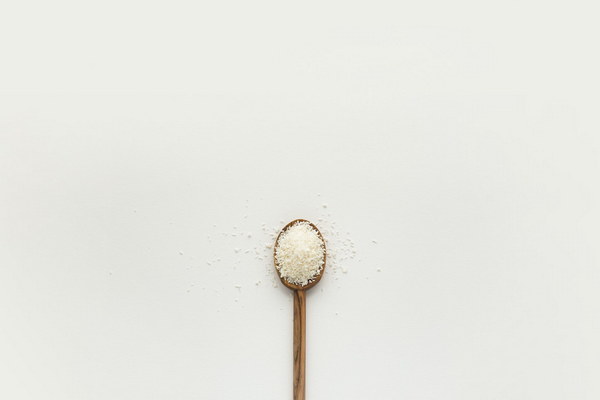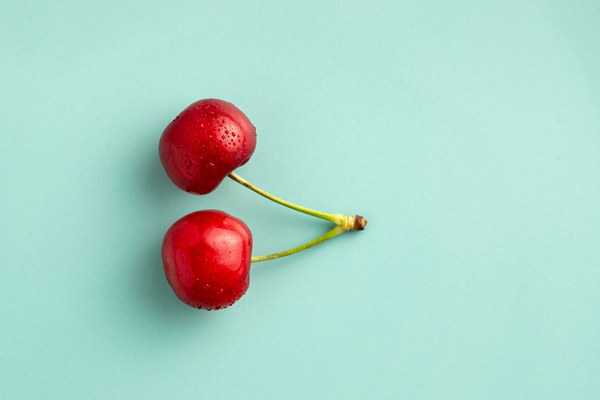The Importance of Caution Avoid Unwarranted Internal Herbs for Tonifying Qi and Blood
In traditional Chinese medicine, tonifying Qi and Blood is a fundamental principle for maintaining health and vitality. However, it is crucial to exercise caution when considering internal herbal remedies for this purpose. This article aims to shed light on the importance of avoiding unwarranted internal herbs for tonifying Qi and Blood, and the potential risks associated with such practices.
Firstly, it is essential to understand the concept of Qi and Blood in traditional Chinese medicine. Qi, often translated as vital energy, is the life force that animates the body and maintains its functions. Blood, on the other hand, is the substance that nourishes the body and supports its growth and development. When either Qi or Blood is deficient, it can lead to various health issues, including fatigue, weakness, and poor immune function.
While tonifying Qi and Blood is a common practice in Chinese medicine, it is not without its risks. Here are some reasons why one should be cautious when considering internal herbal remedies for this purpose:
1. Incorrect diagnosis: In traditional Chinese medicine, the diagnosis of Qi and Blood deficiencies is based on a comprehensive evaluation of a patient's symptoms, pulse, and tongue. Incorrect diagnosis can lead to inappropriate herbal treatments, which may not only be ineffective but also harmful.
2. Overdosage: Excessive intake of certain herbs can lead to adverse reactions, such as dizziness, nausea, and even organ damage. It is crucial to adhere to the recommended dosages provided by a qualified practitioner.

3. Interactions with other medications: Many herbs used for tonifying Qi and Blood may interact with other medications, including prescription drugs, over-the-counter supplements, and herbal remedies. This can lead to serious side effects and complications.
4. Quality of the herbs: The quality of the herbs used for tonifying Qi and Blood is of paramount importance. Substandard or contaminated herbs can cause harm rather than benefit, and may even contain toxic substances.
To ensure the safe and effective tonification of Qi and Blood, consider the following guidelines:
1. Consult a qualified practitioner: A licensed and experienced Chinese medicine practitioner can accurately diagnose your condition and recommend the most suitable herbal remedies for tonifying Qi and Blood.
2. Follow the prescribed treatment plan: Adhere to the treatment plan provided by your practitioner, including dosage, duration, and any dietary or lifestyle recommendations.
3. Research the herbs: Before taking any herbal remedies, research the specific herbs to ensure they are safe and appropriate for your condition. Look for reputable sources and consult with a knowledgeable practitioner.
4. Monitor your progress: Keep track of your symptoms and report any adverse reactions to your practitioner. Adjustments to the treatment plan may be necessary based on your progress.
In conclusion, while tonifying Qi and Blood is a vital aspect of traditional Chinese medicine, it is crucial to exercise caution when considering internal herbal remedies. By adhering to the guidelines mentioned above and consulting with a qualified practitioner, you can ensure a safe and effective treatment for your Qi and Blood deficiencies. Remember, the well-being of your health should always be the top priority.









